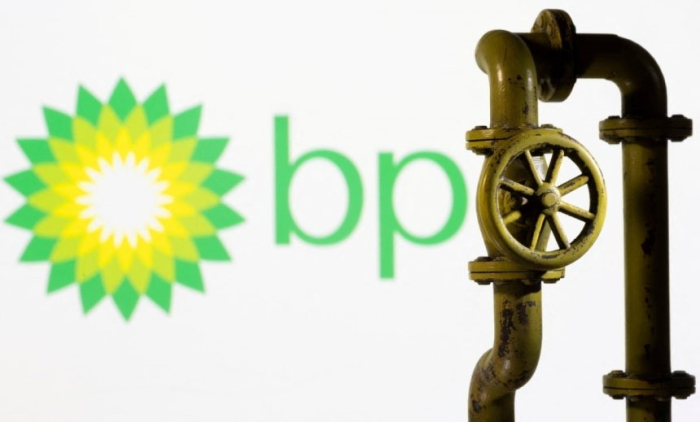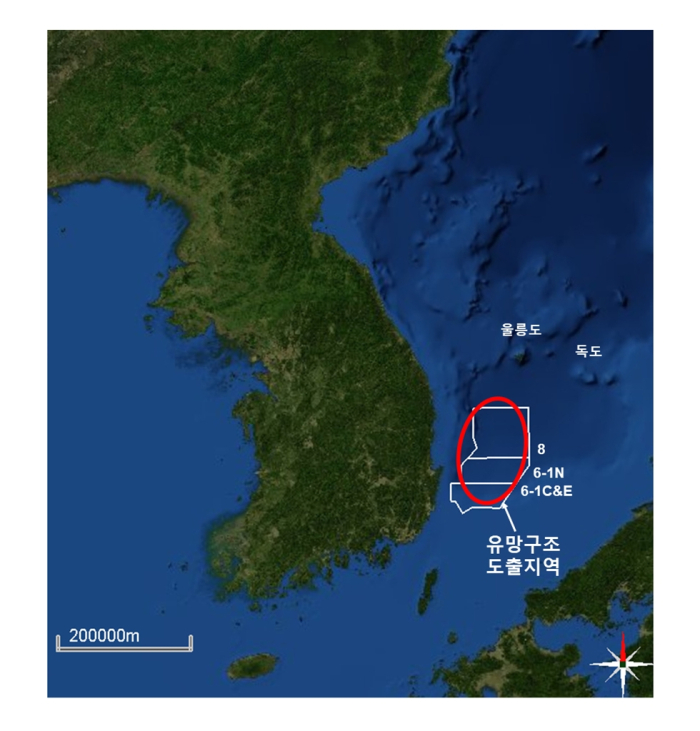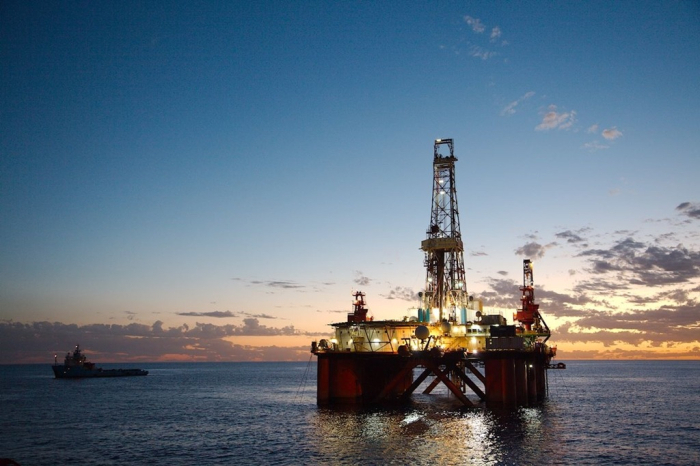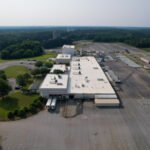
BP plc., a British multinational oil and gas company, is bidding to develop deepwater gas reserves off South Korea, reviving hopes for the Asian country’s long-stalled ambition to become an oil and gas producer despite the recent failure of a flagship prospect.
According to people familiar with the matter on Sunday, the London-based oil and gas major submitted a proposal to the state-run Korea National Oil Corp. (KNOC) to obtain the rights to develop four offshore exploration blocks in the East Sea basin.
Two to three other foreign oil and gas companies also said to have filed bids before the Sept. 19 deadline, sources said.
No domestic companies have participated, they said.
The KNOC declined to comment on the foreign and domestic interests in the project.
The KNOC, in partnership with its project adviser S&P Global, plans to select preferred negotiators after reviewing the bidders’ proposals.

‘GREAT WHALE’ GAS PROJECT DECLARED FAILED
The gas development project comes as the KNOC recently confirmed that the so-called “Great Whale” structure, once hailed as the most promising of seven prospects in the East Sea, lacked commercial potential.
Last month, Core Laboratories NV, a US geology group hired to analyze drilling samples obtained from a first test well in February, found no recoverable gas despite favorable rock properties.
The disappointment raised doubts about the future of Seoul’s high-profile deepwater exploration drive.
But industry officials say BP’s interest has restored confidence that other targets in the basin could prove viable.
“BP brings not just capital but also three decades of deepwater development experience,” said an energy consultant in Seoul. “Their entry suggests that, even with a tighter fiscal regime, they see real geological upside.”
In June 2024, then-President Yoon Suk Yeol said at a televised national briefing that Korea had found a potentially massive reserve of oil and gas offshore close to its southeastern territory in the East Sea – the Great Whale structure off the Yeongil Bay in Pohang, about 260 km southeast of Seoul.

The presidential office said at the time that the finding was a result of a study by US research firm ACT-Geo that showed a high possibility of gas and oil reserves near the Donghae gas field.
BP’S OTHER GLOBAL PROJECTS
BP, valued at about 68 billion pounds ($91.6 billion), has a track record of bringing 11 deepwater oil and gas projects into commercial production, from Thunder Horse in the Gulf of Mexico to Shah Deniz in Azerbaijan and the Greater Tortue Ahmeyim liquefied natural gas scheme off West Africa.
The company’s decision to engage with the KNOC came only after Korea’s snap presidential election in June, people familiar with the process said.
Opposition party leader Lee Jae Myung won the presidential election, which came after Yoon was impeached and removed from his job for his failed attempt to impose martial law on Dec. 3.

While the tender was launched in February, BP is said to have waited until after the vote to assess the new Korean government’s energy policy and then requested data access, with analysts noting that political stability and institutional continuity are crucial for BP to embark on multi-decade mega projects.
CHANGE IN PRODUCTION-SHARING TERMS
Korea last year overhauled its production-sharing terms, raising the government’s maximum royalty take to 13% from 12%.
That narrowed potential margins for operators, but industry experts said BP’s bid indicates it still regards the blocks as economically attractive.
Sources said the selection of a preferred bidder usually takes three to four weeks, followed by negotiations over investment size, equity stakes of up to 49% and operating rights.
A final contract can take months to conclude, with profit-sharing formulas often the most contentious point.
While the “Great Whale” structure has been ruled out for further drilling, the KNOC plans to advance exploration of the remaining prospects, spanning more than 20,000 square km of the Ulleung basin in the East Sea.
“What will determine success is not just whether hydrocarbons are present, but whether Seoul can strike a balance between resource nationalism and investor returns. BP’s willingness to enter suggests the window has not closed yet,” said an industry official.
By Ri-Ahn Kim
knra@hankyung.com
In-Soo Nam edited this article.















